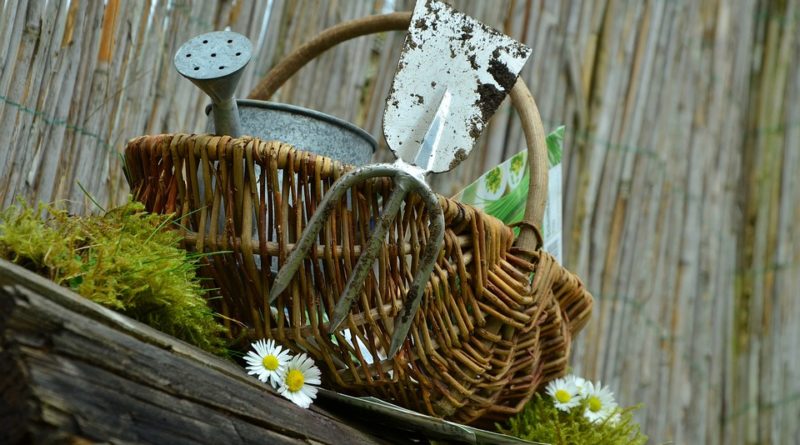Gardening 101: Five Tips to Having A Healthy Garden
The glory of gardening: hands in the dirt, head in the sun, heart with nature. To nurture a garden is to feed not just on the body, but the soul. –Alfred Austin
Rainfall has never been rarer than it is today that a few drops of rain are enough for anyone to rejoice. Currently, the Philippines is experiencing longer days and shorter nights amidst this scorching summer season. As the heat of the sun and the sweltering weather engulfs our surroundings, we take necessary measures by cooling ourselves in the beach. But before we take that much-needed dip in cool waters, let us not neglect to keep in mind that our gardens are taking the full brunt of this season. As the summer season is upon us, it is a natural assumption that there will be a scarcity of water and in effect, the plants in our garden will be bearing on the heat without natural rainwater to keep them hydrated throughout the day. If your plants are living in these poor conditions throughout the season then chances are you would be in possession of a dead garden before summer ends. Your house and lot in Laguna may be well equipped to bear the heat, but your plants are not exactly adequately watered this season.
Remember, your plants and your garden would need that TLC even more in this season than any other so to prevent them from wilting over the season; here are a few tips to keep them healthy under the blazing sun.
1.) CHOOSE WATERWISE PLANTS
Essentially, as the summer season leaves us with a shortage of water, it is only natural for us to choose water-wise plants. These plants are well suited to the climatic factors around us such as the sunlight, water, and heat requirements. In this way, creating and cultivating a garden that will stay healthy and would look aesthetically appealing throughout the summer season is very much possible. Though the summer season is hardly a season suited for growing plants, plants such as succulents, rosemary and kangaroo paws are ideal plants that would thrive during the season as they are best suited for hotter seasons.
2.) WORK ON THE SOIL
The soil is where your plants derive nutrients from so naturally, it is an important aspect in keeping your plants healthy not only for the summer but for any other season. However, this should be given more focus during the hotter seasons as working on the soil and putting in more time and effort in improving the quality of the soil before planting will ensure that your plants will look better and be healthier. This is because improving soil quality will guarantee that your plants will have increased nutrients and water supply. Improve soil quality and structure by adding natural products such as manure, bentonite clay or ready-made soil improver which can be found at your local gardening store.
3.) YOUR IRRIGATION SYSTEM SHOULD BE SUITABLE FOR THE SEASON
Ensure that your irrigation systems are up to date and that they make the most efficient use of your supply of water. Seeing as we are amidst warming climate with increasing water restrictions, irrigation, and reticulation systems have progressed a lot over the last ten years and in this case, you should make sure that yours are well updated as well. Choose an irrigation that suits your area to give your plants and your soil that much needed water storage (Drip irrigation for garden beds reduces evaporation rate which sprayers are equipped with as the water is being directed to where it is needed exactly).
4.) CLEAN UP THE DEAD PLANTS
No matter how many precautions you have undertaken, it is inevitable that some of your plants will wilt and die throughout the course of the summer. When this occurs, do not delay in picking them and cleaning them from your garden as they do not only pose as an eyesore, but they are likewise keeping your other plants from being in their healthiest form as well.
5.) MAINTAIN YOUR GARDEN
You may have garden pots with holes in them making them lose water quicker which would affect the plants you are growing within them. If this is the case, you need to constantly maintain your garden and make sure the plants are getting adequate water supply and adequate water storage. Give your garden a helping hand by using products such as water saving crystals or soil wetter which will aid your plants by absorbing water and then releasing them back into the soil slowly and gradually over time.

